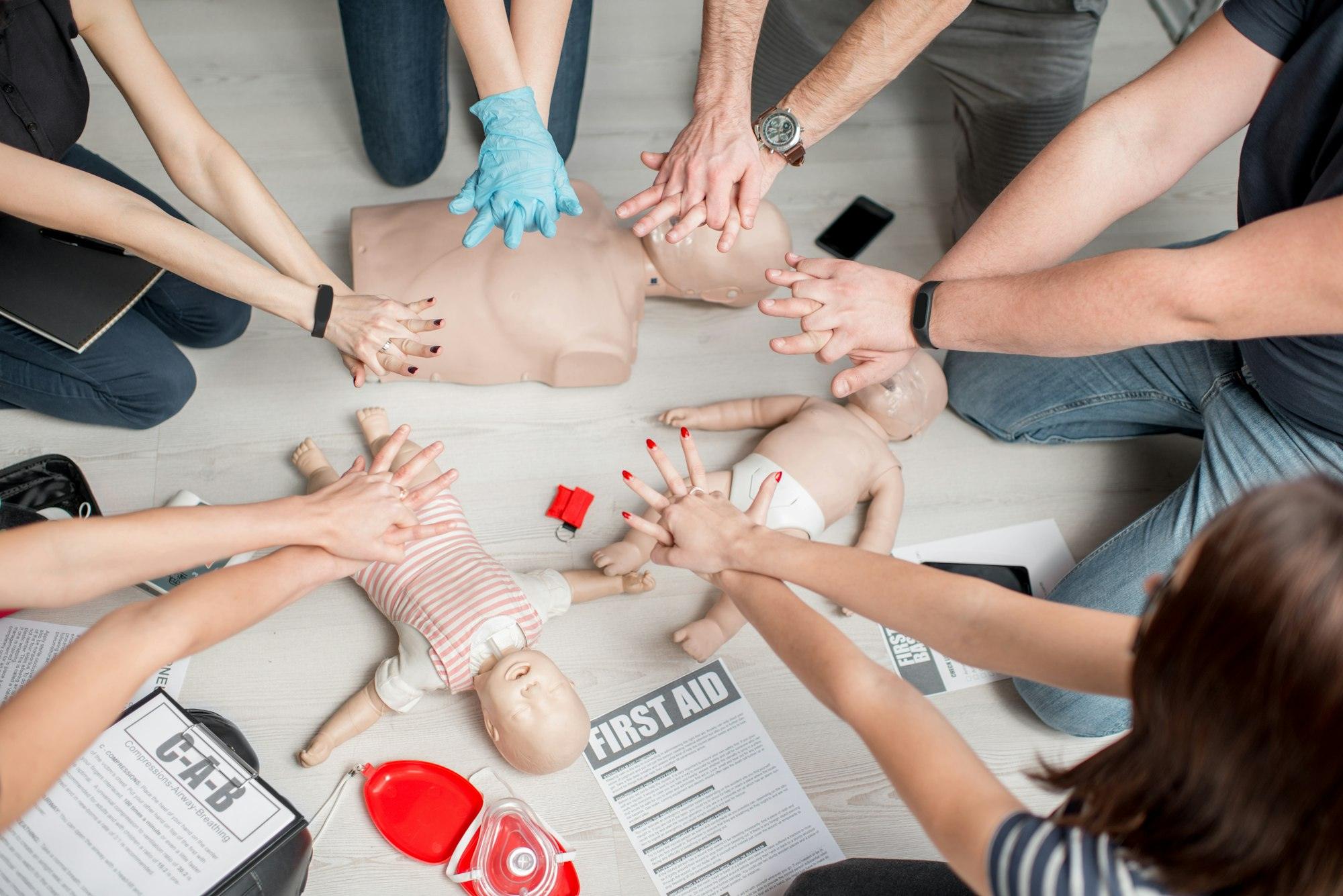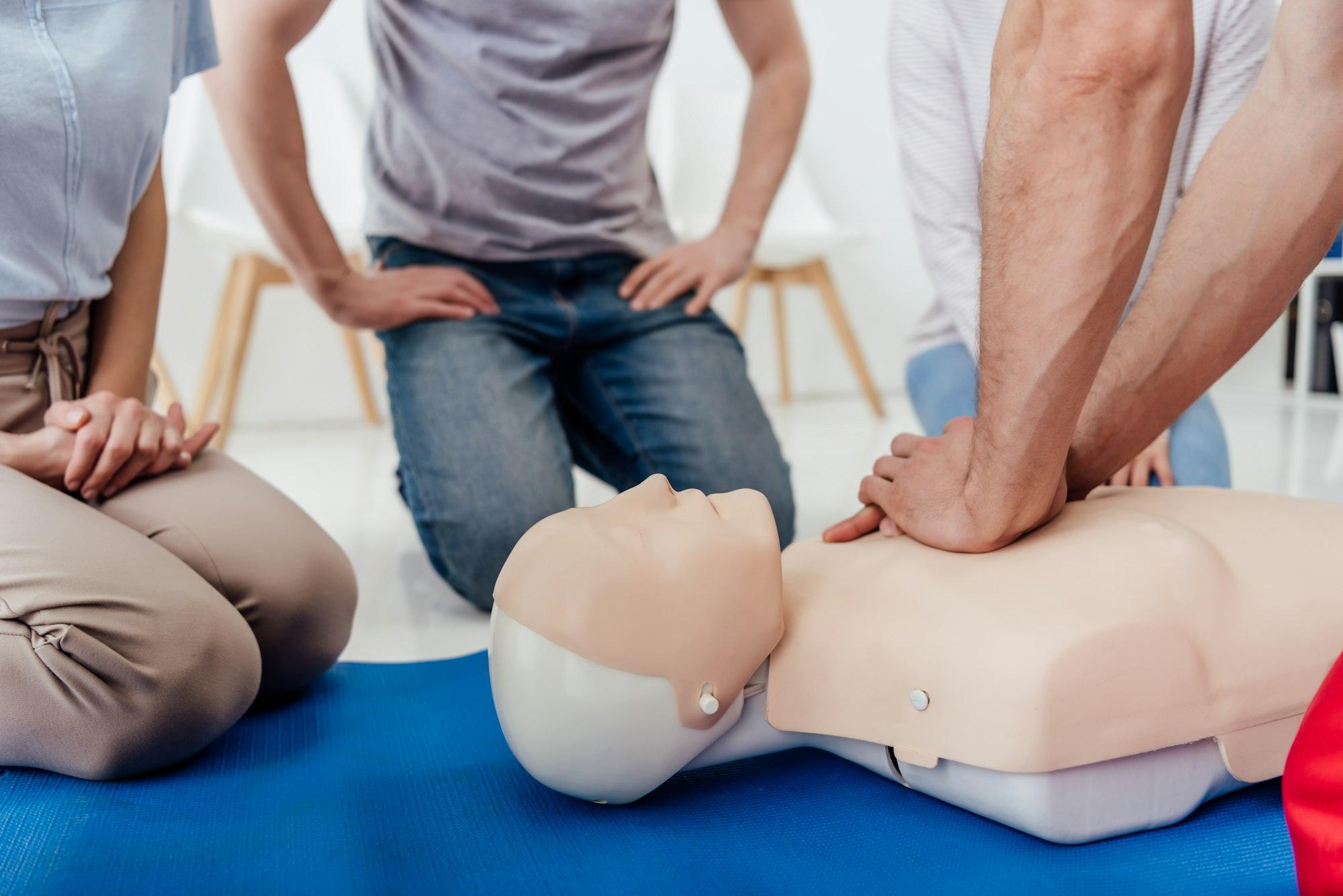Mental Health First Aid Dementia.
What is Dementia?
Dementia is a condition in where there is a gradual decline in the brains functioning – it can cause a number of different symptoms that interfere with a person’s ability to carry out the normal tasks of daily living.
Name of dementia:
What are the most common forms of dementia?
Alzheimer’s disease
Causes:
Alzheimer’s disease is the most common sort of dementia. Alzheimer’s is where there are damaged tissues building up around the brain and as a result of proteins deposit and this causes the surrounding cells to die.
There are two types of proteins, called amyloid, which forms plaques around the brain and tuma, which form tangles with in the cells of the brain. Also, chemicals that carry messages in the brain are affected.
There are 3 different stages of Alzheimer’s disease which show different signs and symptoms – they are as follows;
Mild Alzheimer’s disease – common signs and symptoms could be;
- Confusion
- Becoming forgetfulness or poor memory
- Speak difficulty in selection of correct words
- Becoming disorientated
Moderate Alzheimer’s disease – common signs and symptoms could be;
- Loss of ability to function independently
- Progressive loos of memory
Severe Alzheimer’s disease – common signs and symptoms could be;
- Become extremely confused and disorientated
- Suffer from delusions and hallucinations
- Become very wary of people around them
- Severe memory loss
- Not been able to know how someone is
- Some individuals may become violent
Mental Health First Aid Dementia
Vascular dementia
Causes:
Vascular dementia is when arteries that supply blood to the brain become blocked – this can cause a stroke and the brain is starved of oxygen and tiny areas of the brain are damaged, leading to vascular dementia.
Signs and symptoms:
Signs and symptoms of Vascular dementia may sometimes develop very sudden or gradually over a period of months – common signs and symptoms could be;
Slow concentration levels making simple task become very hard for them
- Low attention span
- Memory loss
- Change in mood swings and general personality
- Signs of depression
- The ability to function when walking and loss of balance
- Not sleeping and wandering during the night
Lewy Bodies
Causes:
Dementia with Lewy Bodies are tiny protein deposits found in nerve cells that disrupt the functioning of the brain. When a build-up occurs, it prevents the brain from making the required amount of important chemicals
Mental Health First Aid Dementia. Signs and symptoms:
Signs and symptoms of Lewy Bodies may sometimes develop gradually and become worse over a period of years – common signs and symptoms could be;
- Memory loss
- Instable confusion
- Loss of smell
- Rigid movement
- Slow walking with a shuffle
- Hallucinations
- Unable to contain a regular sleep pattern
- Muscular jerking in the arms and legs
- No facial expression
Mental Health First Aid Dementia
Frontotemporal dementia
Causes:
Frontotemporal dementia is common form of dementia in people under 65 years of age. It is caused when damage to the front areas of the brain by clumps of abnormal protein forming inside.
Signs and symptoms:
The most common symptoms of Frontotemporal dementia involve severe changes in personality and emotional behaviour – other common signs and symptoms could be;
Sudden changes in personality and emotional behaviour, for example, the individual may become less complex to other people emotions and seem bitter towards them. This can also include a person who was very outgoing, may become very isolated or vice versa.
Shyness and not willing to speak to anyone due to difficulty in understanding what people are saying.
- Have very childish behaviour.
- Poor personal hygiene.
- Mood swings and possible depression.
- Repetitiveness behaviour and possible holding of other people things.
- Have very inappropriate behaviour to others, such as inappropriate language or comments or even inappropriate sexual suggestions.
- Become very aggressive. Become easily distracted.
For further information on our Mental Health First Aid Dementia courses please contact us here or for our mental health done for you training package please see here











